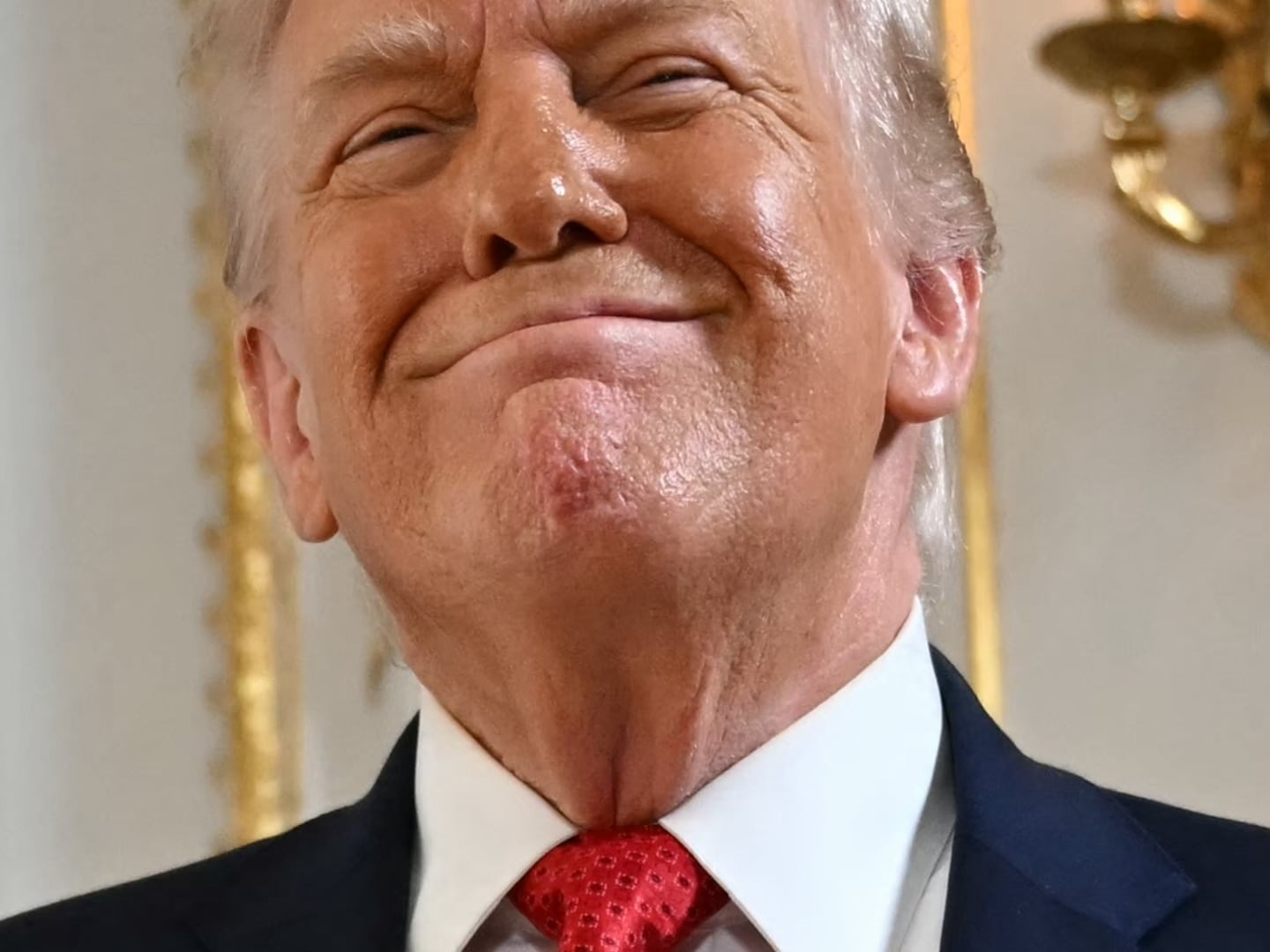Any idiot can play the Muslim mobs in the Middle East, because the mobs are all too ready to be played. But of course neither those who incite the rabble with insults or inflame it with preaching are idiots. They are cynics looking for political impact. And now they have their wish. The U.S. Ambassador to Libya has been killed. The American embassy in Cairo has been invaded and the flag torn down. And all this on September 11, the anniversary of the terrorist attacks on the United States in 2001.

President Barack Obama, despised by those provoking the violence as well as those carrying it out, is now in an almost impossible position. The radicals in Egypt and Libya have new heroes among the mobs and murderers. The only thing that could possibly have made the situation worse, paradoxically, is if troops had opened fire on the rabble and given it new martyrs. But that, too, may come.
When the White House confirmed the death of Ambassador Chris Stevens and three other Americans in Benghazi on Wednesday morning, it tried to walk the thin line of diplomatic fury: “While the United States rejects efforts to denigrate the religious beliefs of others, we must all unequivocally oppose the kind of senseless violence that took the lives of these public servants.”
But it probably would be too much to expect Obama’s opponents to try to thread that needle. Those out of office don’t need to show the same restraint as those who are in, and those backing the Republican ticket, predictably, show even less. After the Cairo incident, Nina Shea, writing in The National Review, was quick off the mark, suggesting the measured reaction of the U.S. embassy there, and Obama policy generally, was an effort to “appease fanatics.” Liz Cheney, whose family did so much to bring American war to the Middle East, chimed in with a snide Tweet: “Mob attacks Embassy, replaces US flag w/al Qaeda flag. Embassy responds by condemning people hurting Muslims feelings?”
In a statement issued late Tuesday night, Romney said it was "disgraceful that the Obama administration's first response was not to condemn attacks on our diplomatic missions, but to sympathize with those who waged the attacks.”
We’ve been watching the pattern of incitement and reaction take shape for years now, especially around the anniversary of the 9/11 atrocity. In January, Newsweek profiled the incendiary Dutch politician Geert Wilders, a darling of the anti-Muslim right in Europe and in the United States, where he gave an incendiary speech at a 9/11 commemoration in 2010. Wilders publicly likens the Qur’an to Mein Kampf, but his purpose is less to save the West than to build his political base: Islam, he tells his operatives, is “our core business.” The subhead on our profile asked the core question: “Can’t someone tell Geert Wilders to stop his anti-Muslim diatribes before somebody gets hurt?”
In fact, there have been hints of reason in this sorry show of hate. The attempts to provoke Muslim hysteria were largely subsumed by the excitement of the Arab Spring that began early last year. Crackpots like Pastor Terry Jones, the would-be Quran burner, and more savvy figures like Wilders—and Newt Gingrich and Rick Santorum, who denounced “radical Islam” during their campaigns for the Republican domination without really drawing much of a distinction—had seen violent reaction, and their audiences, declining. Even Wilders has been losing votes.
So an obscure businessman in California decided to up the ante with a film portraying the Prophet Mohammad as a philanderer who approved of child abuse, among other offenses. In a phone interview Wednesday with the Israeli newspaper Haaretz, real estate developer Sam Bacile said, “Islam is a cancer, period.” He described himself as “an Israeli Jew” and told Haaretz he believed the movie would help his native land by “exposing Islam’s flaws to the world.” The crudely acted two-hour movie, called, ironically, Innocence of Muslims, cost $5 million to produce in 2011 and has been shown once to a largely empty theater on the West Coast, according to Haaretz. But other activists picked up on the trailer on YouTube. They dubbed it into Egyptian Arabic and have been fanning the flames of anger in Cairo for several days.
According to Haaretz, Bacile was apologetic about reports of the death of an American in Benghazi (the interview was before the number and identities of those killed were known), but blamed insufficient protection for the embassies and consulates. "I feel the security system is no good," said Bacile. "America should do something to change it." One can imagine how the families of the dead Americans feel about such buck-passing. It is characteristic of the provocateurs that the problem is always someone else’s.
Amb. Chris Stevens, by contrast, was a voice of moderation, comprehension, responsibility and openness in the region. The former Peace Corps volunteer in Morocco had spent his State Department career dealing with the Middle East, and was the point man for the U.S. government working with Libyan rebels to overthrow the Kadhafi dictatorship last year. His death, ironically and sadly, will be used by some to discredit virtually everything for which he stood.
“The White House needs to be smart and above all careful,” writes Blake Hounsell of Foreign Policy, “it can't let its response be dictated by the exigencies of the election back home.” But responsibility and common sense are likely to count for little if voters already angry about the flagging economy transfer their fury to those who abused the flag and killed its representatives. In truth, I am mad as hell, too: at the murders, at the mob, at those who incited them and those who exploited that incitement for their own violent end.
I hope that America’s politicians, both Obama and Mitt Romney, really can find a way to honor the dead and appeal to reason. But one hopes for many things knowing they will never happen.






